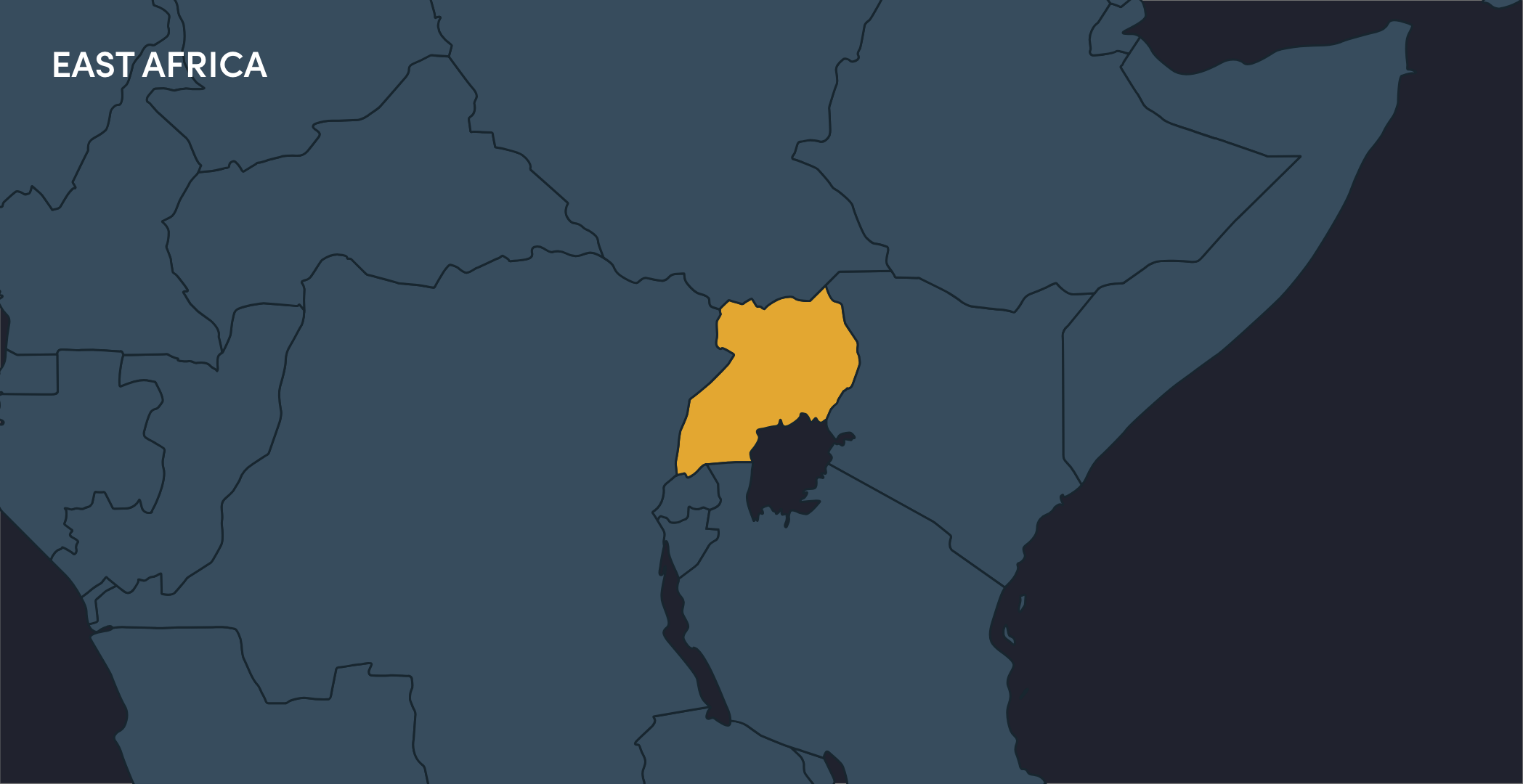The Parenting for Respectability (PfR) Programme in Uganda represents a home-grown, culturally-relevant parenting intervention that aims to prevent violence against children. The PfR programme is a carefully developed, theoretically-based 16-session programme with 10 single sex and 6 mixed sex sessions, delivered once a week by local community-based facilitators.
The programme has been disseminated widely in Uganda, and both government and NGOs have expressed interest to scale it. As a result, the Ugandan Parenting for Respectability Implementation Science Evaluation (UPRISE) project seeks to address two critical elements through their research:
- the optimal way to scale up the intervention in a ‘real-world setting’
- whether the evidence of effectiveness would be confirmed through a more rigorous, experimental, evaluation.
This project examines how three implementation variables – rural vs peri-urban locality, previously established groups vs new groups, and professional vs non-professional facilitators – affect participation, programme fidelity, and quality of delivery.
In addition, and thanks to support from Oak Foundation, the UPRISE project has been expanded to address the second challenge: to build evidence of effectiveness through a rigorous randomised control trial (RCT) evaluation.
As a result of this exciting new development, this project has been extended and final results are expected in early 2023.
Test the effectiveness of the PfR programme, in modifying key outcomes in parent-child relationships and relationships between partners, which contribute to violence against children. The trial will be powered to detect meaningful change in four primary outcomes: parent-reported and child-reported harsh parenting and partner conflict. Secondary outcomes assessed will include positive parenting, parental support for children’s education, child behaviour problems, parent/child mental health problems, material provision for children (all parent- and child-report), and inequitable gendered socialization.
Examine the cost effectiveness of PfR using incremental cost-effectiveness analyses (CEA) based both on the primary outcomes of harsh parenting and partner conflict as well as on disability-adjusted life years (DALYs);
Examine how three implementation variables – rural vs peri-urban locality, previously established groups vs new groups, and professional vs non-professional facilitators – affect participation, programme fidelity, and quality of delivery (measured quantitatively);
Examine the impact of implementation variables – participant engagement and quality of delivery by facilitators – on primary outcomes of parent- and child-report of harsh parenting and partner conflict. This project will also examine associations between baseline characteristics and participant engagement to further understand potential barriers to participation and whether there are particularly vulnerable families that have greater challenges in attending the programme.
Qualitatively investigate five elements of implementation: (i) what training facilitators need (length, follow-up, who delivers training, location, etc.); (ii) what supervision facilitators need (frequency, by whom, nature of feedback, etc.); (iii) targeting of PfR at the most vulnerable families and how this can be done; (iv) disseminating PfR’s messages beyond those participating in group sessions to operate at a community, as well as individual, level; (v) differences between Wakiso and Gulu Districts in facilitative and hindering contextual factors. This project will explore how these affect participation, programme fidelity, quality of delivery, participant response and community-wide impact.
Impact Evaluation: cluster randomised controlled trial (cRCT)
Working with their partners at SOS Children’s Villages in two districts in Uganda, Wakiso and Gulu, this project is conducting a wait-listed cluster randomised controlled trial (cRCT) in a total of 96 clusters (villages or wards) (1:1 intervention: control), with 4 groups per cluster, each of 10 parents (equal numbers of man and female participants). This will make it 2,240 parent participants (1,120 per harm with half receiving the PfR intervention and half receiving a 2-hour lecture based on the same content). In addition, approximately 1,120 10-14 year-old children will be surveyed (N = 560 per arm). This will require 192 facilitators (1 per group) in the intervention arm.
Implementation Science Evaluation: understanding modalities of delivery
The UPRISE project will also qualitatively and quantitatively examine the impact of three different delivery modalities on programme implementation within the intervention group. This includes 1) geographical location (rural vs. peri-urban), 2) group composition (existing vs. newly formed groups), and 3) facilitator experience (experience vs. novice).

GEOGRAPHIC LOCATION
Rural participants registered a higher attendance than peri-urban across the two study districts. In addition, it was more difficult to mobilise urban parents than rural, in part because of the cosmopolitan nature of residents and the nature of occupation in urban areas.

FACILITATOR TYPE
Facilitators and parents demonstrated a commitment to the programme evident through participant testimonies and regular attendance. Irrespective of type, most facilitators’ showed commitment through their positivity and sense of responsibility towards their work and in maintaining good relationships with participants.
It was observed that peer facilitators were stronger at social relationships, interactions and guiding discussions while the professionals show better adherence to the manual (follow steps). Professional facilitators, on the other hand, were mostly constrained by work pressures because many of them had returned to their official job. This affected the preparation for session processes and availability to deliver the sessions.

AGE OF FACILITATORS
While gender of facilitator was not associated with quality of delivery, age was: older facilitators were associated with less quality delivery, which is confirmed by qualitative findings in which the older facilitators were known to cling to certain normative cultural values which affected their ability to challenge inequitable gendered norms.
Dr. Godfrey Siu, Lecturer and Researcher, Child Health and Development Centre, Makerere University





